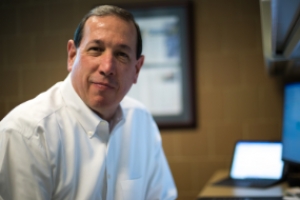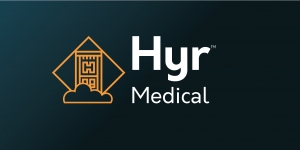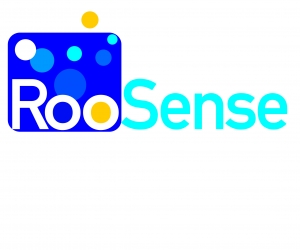Leigh Keeton
Innovation Fund NEO Recipient RoadPrintz Devises an Inexpensive Way to Paint Lines on Streets
Workers painting lines on resurfaced roads need to wait 40 minutes for the paint to dry before moving on. If they lift the stencils too soon, the paint will smear. RoadPrintz Founder Sam Bell knew there had to be an easier way.
So he decided to develop a special truck equipped with a robotic arm that won’t be scalded by using hot paint that dries in less than a minute. Instead of stencils, it uses GPS measurements guided by a computer.
It typically costs $15,000 per mile for crews to paint road markings. Bell estimates his system can do the same work for only $5,000 per mile, possibly less.
RoadPrintz was an Innovation Fund Northeast Ohio recipient in the 43rd cycle. The startup received the A Award, earning them a total of $25,000. This award allowed them to develop their software and build a robotic connection.
Bell hopes to increase the safety of all road users by making effective visual street markings more affordable and accessible.
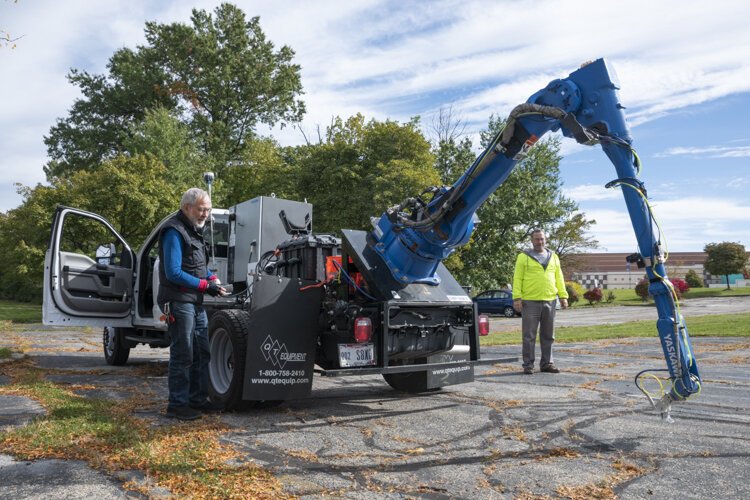
Biotech Startup CollaMedix Secures Exclusive Licensing Agreement
CollaMedix Inc., a biotech startup based in Shaker Heights, has developed new technology in collaboration with Case Western Reserve University and University Hospitals Cleveland Medical Center. This technology offers a promising potential solution to women's pelvic disorders, such as stress urinary incontinence and pelvic organ prolapse.
CollaMedix has created a medical device known as CollaSling, which aims to treat stress urinary incontinence in women—urine leakage coinciding with laughing, coughing, sneezing, lifting and exercise—by using proprietary collagen-based materials to provide structural support to human tissue.
“This common condition affects both the young and elderly, yet current treatments are ineffective and unsafe,” said Subba Shankar, the company’s chief technology officer. “Our technology will allow more women to fully engage in all of life’s activities without hesitation, avoiding the withdrawal, isolation and depression that they presently endure.”
Collamedix has recently reached an exclusive licensing agreement with the Case Western Reserve Technology Transfer Office. This will allow the company the chance to secure additional funding.

INNOVATION FUND AWARDS A COMBINED $737K TO 14 START-UP COMPANIES OVER THE PAST 6 MONTHS
Innovation Fund Northeast Ohio, the region’s most active pre-seed fund for technology-based startups, has awarded a combined $737,500 to 14 startup companies over the past six months. The companies will receive Innovation Fund awards of between $12,500 and $100,000 enabling them to complete projects that will advance their technologies or business models.
This represents the 46th and 47th consecutive quarter of funding for the Innovation Fund. Since its 2007 launch, the Innovation Fund has committed more than $14 million to 266 Northeast Ohio startups.
“After more than ten years, the Innovation Fund continues to see incredibly unique and business worthy ideas and that milestone is a direct indicator that Northeast Ohio’s entrepreneurial network is a thriving ecosystem,” said Dennis Cocco, director of the Innovation Fund and co-director of GLIDE, the technology incubator at Lorain County Community College that administers the fund. “The competition for our fund requires the entrepreneurs to thoroughly understand the customers, the markets and how they are going to financially grow that opportunity.”
Startups in the Innovation Fund portfolio have raised more than $527 million and created over 800 new jobs since receiving investments.
The companies below received funding in the 46th cycle, ending December 15, 2018. They were chosen after a three-month competitive application and selection process:
Linear Labs ($25,000 |Cleveland) provides AI-powered focus groups as a service. This results in the ability to rapidly conduct market research in a fraction of the time allowing customers to become more agile in product development.
Octet Scientific ($25,000 | Cleveland) develops chemicals to improve the performance and longevity of batteries. The additives provide key advantages to promote promising outside technologies, particularly safe and economical Zinc-based alternatives.
SeeLife ($25,000 | Bay Village) is a biofeedback game design for children six to eight years old to learn heart rate and self-relaxation control. The visuals change according to the player's heart rate. This is unique because no one has ever combined the expertise of biomedical art and game design as a tool to engage a young child adequately to master biofeedback.
TurningMode ($25,000 | Chagrin Falls) is developing Sentinel, a patent-pending illumination system that optimizes lighting through computer vision, gesture recognition, and touch-free controls. Sentinel provides consistent illumination to multiple targets and eliminates shadows in real time, despite obstructions or interferences. The goal is to enhance visualization and automate illumination in the Operating Room allowing surgeons to focus on their critical task at hand.
FlutterSocial ($50,000 |Willoughby) is an online platform that helps consumers hire multiple businesses to celebrate major events by matching the users with the local professionals based on their preferences, values, and who is connected through their network.
Structured Monitoring Products ($50,000 |Elyria) is SMP is developing a non-contact vital-signs monitor that employs patented Doppler technology. The product detects vital signs – heart rate and respiration rate – without contact (no wires or leads are necessary). The veterinary market is being targeted initially and human applications will follow.
Content Status ($100,000 | Mentor) developed automated product page auditing and monitoring This offers anyone selling products online with critical, actionable insights on their product content.
Cyanicsoft ($100,000 | Solon) provides data loss prevention software and use awareness services.
The following companies received funding in the 47th cycle, ending March 15, 2019:
Aspire Technologies Inc. ($12,500 |Mansfield) is an early stage company specializing in Information technology on wearable devices. Our products eliminate the limitations, both physical and mental, in athletes, law enforcement, and search and rescue personnel all across the world. This is accomplished by smart technology used to provide user specific data and functions integrated into wearable devices such as wristbands and gloves.
FishMySpot, LLC ($25,000 | Canton) is a sharing economy platform that connects pond owners to people that want to fish. We cover all the marketing, booking, and general liability for our pond owners, while giving anglers a private experience.
Datalogicom, Inc. ($50,000 | Strongsville) provides a Quote -to -Cash SaaS application to businesses. The Splash CPQ quote-to-cash is a subscription based SaaS application that improves the productivity and workstyle of sales teams and channels worldwide by virtually eliminating sales administrative tasks, streamlining operational processes and centralizing multi-channel sales management at an affordable rate. The Splash CPQ customers may increase sales productivity by up to 40% by eliminating their sales administrative burden and improving the customer experience by automating and completing the sales process for suppliers, sellers and buyers.
T-var EdTEch, Inc. ($50,000 |Cleveland) is developing Read Read - a hard and software solution that allows blind children to learn braille without the assistance of a teacher, but in the same way and with the same quality that a teacher would provide.
Check-in-Sherpa (pka Ranchbookings) ($100,000 |Cleveland) is an enterprise software that helps adventure resorts get online bookings and manage the business. The product addresses unique constraints to the adventure travel industry.
Mbrio Tech ($100,000 |Pepper Pike) patented earbud adapter is the safest, most comfortable, most convenient and most economical way for expectant moms to share music with their baby in the womb
For more information on these and all the Innovation Fund portfolio companies, visit innovationfundamerica.org/portfolio
LCCC holds open house for renovated Campana Center
Members of local businesses and community members gathered Oct. 3 at Lorain County Community College to see how the Patsie C. and Dolores Jenee Campana Center for Ideation and Invention has expanded to offer a myriad of tools that help bring ideas to life.
The open house also included a presentation by Luke Williams, author of “Disrupt: Think the Unthinkable to Spark Transformation in Your Business.”
The Roy and Bobbi Church Visionary Leadership Institute sponsored the event which took place in the Campana Center and the Spitzer Conference Center at LCCC, 1005 Abbe Road in Elyria.
The expansion of the Campana Center added 10,000 feet to the building along with lab and equipment upgrades.
Renovation was made possible through a private/public partnership that included nearly 20 federal, state and philanthropic sponsors of the project, according to a news release from LCCC.
The equipment and labs in the center are for students, business and industry and the community, so they have greater access to tools and resources designed to stimulate new ideas.
“As the community’s college, we focus on preparing individuals for in-demand jobs and filling the talent gaps of employers,” said LCCC President Marcia Ballinger. “In this era of rapid technological change, we need to also play a significant role in helping local companies stay competitive by adopting new technologies for greater productivity and to open up new market opportunities.”
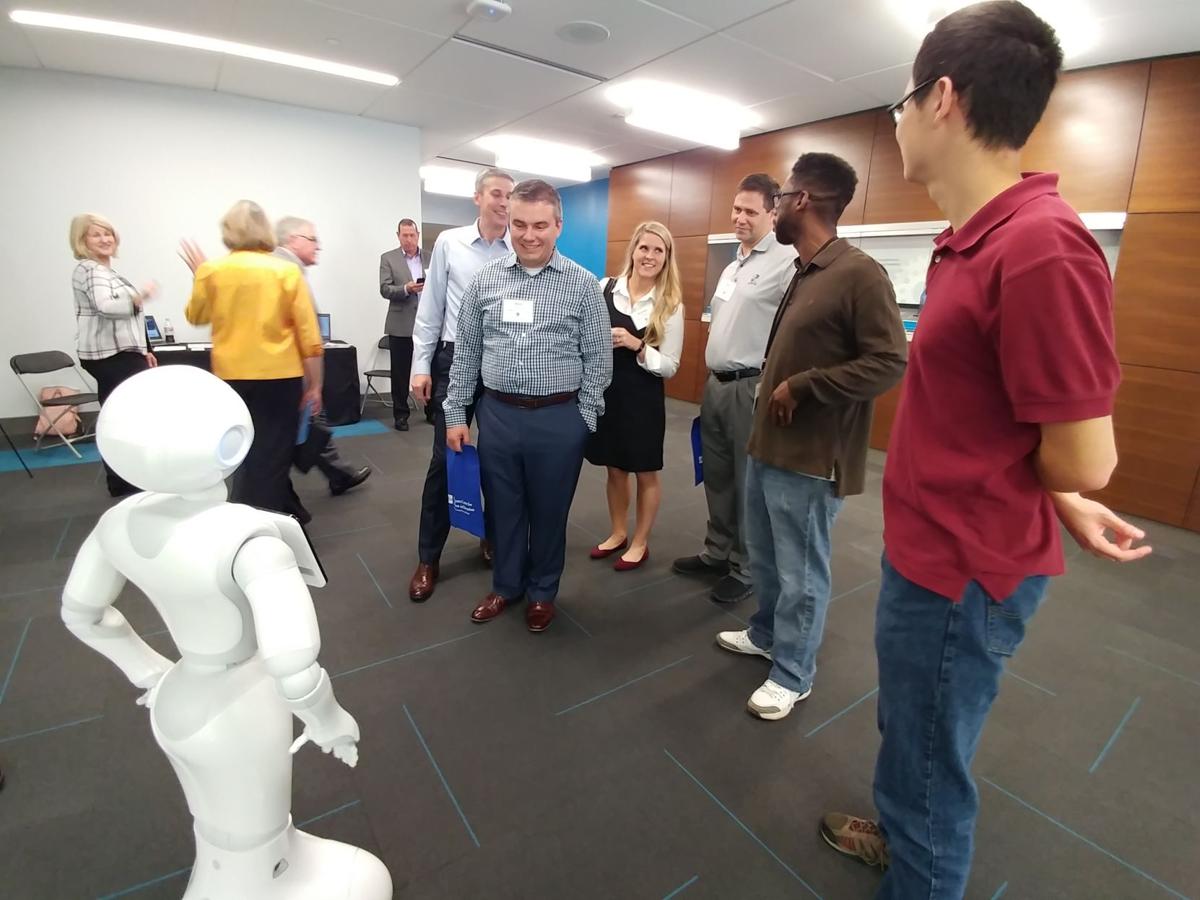
Augment Therapy Could Secure Up To $750,000 In Funding Due To Youngstown Business Incubator Shark Tank Event
As the finalists of the Youngstown Business Incubator’s inaugural Shark Tank event left the stage May 3, they were happy with what they walked away with: some prize money and access to the expertise of five local investors and the YBI.
But in the months since, the initial prizes – $6,000 to Augment Therapy, $3,000 to PlateMap and $1,000 to FishMySpot, all provided by the event’s sponsor, Medical Mutual of Ohio – were just the beginning for the trio of finalists.
Beyond the first-place prize money, Augment Therapy also gained $50,000 commitments from four of the five sharks at the event. Catherine Mott of BlueTree Capital Group, later upped her firm’s commitment to $150,000, becoming the lead funder.
Augment Therapy is an augmented reality service for pediatric physical therapy, combining telehealth with fun activities child patients can play. For kids, it’s a fun game, but for doctors it can provide valuable information on their health and keep them engaged.
Founder and CEO Lindsay Watson says the startup has secured $375,000 as “a direct result of the Shark Tank.” Part of that number, she adds, is $100,000 from investor Vince Bacon, who attended the event and reached out to Watson afterward.
And, says YBI’s entrepreneur-in-residence, Jim Cossler, who has been advising some of the Shark Tank finalists, Augment Therapy is nearing the end of its first seed round that will bring in even more to the startup
“We’re very, very confident that with our introductions and our assistance that she will successfully close a $750,000 round,” Cossler says.
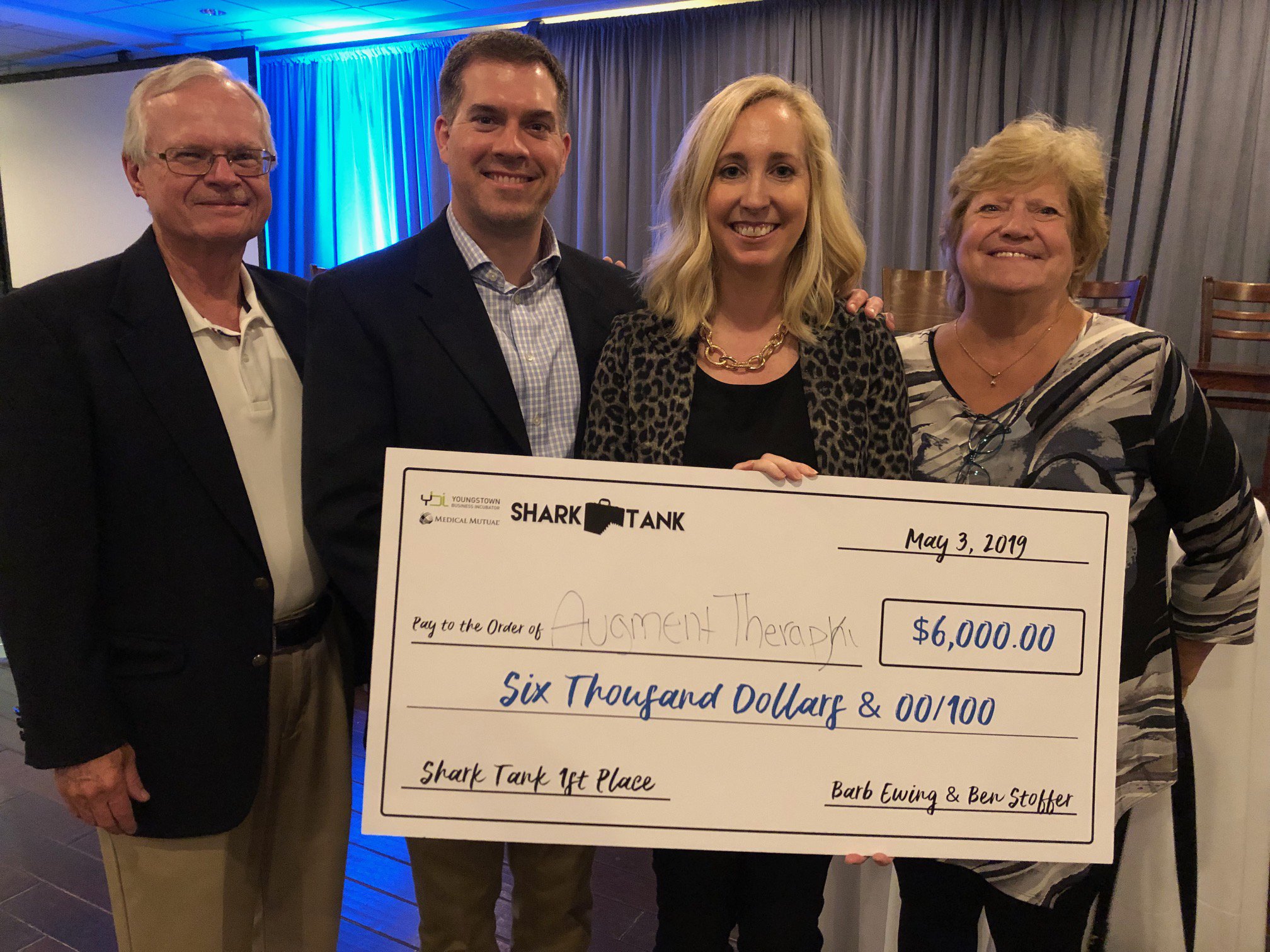
Come Join Us At The Campana Center Grand Opening
Join us on October 3rd as we celebrate the Campana Center’s most recent expansion, which includes spaces designed to bring a community of ideas to life. A regional hot-spot for makers, inventors and businesses, the Campana Center gives everyone the skills, equipment and confidence needed to turn an idea into an invention.
October 3, 2019
7:30 a.m. to 1 p.m.
Lorain County Community College Campus
Patsie C. and Dolores Jeneé Campana Center for Ideation and Invention
AGENDA
7:30 a.m. – Registration and Breakfast (Spitzer Conference Center, Reaser Grand Room)
8:30 to 11 a.m. – Keynote Lecture by Luke Williams (Spitzer Conference Center, Reaser Grand Room)
11 a.m. to 1 p.m. Open House (Campana Center)
KEYNOTE SPEAKER
Luke Williams joined New York University Stern School of Business in September 2012 as Executive Director of the W.R. Berkley Innovation Lab and Clinical Associate Professor of Marketing and Entrepreneurship. Professor Williams is also a Fellow at frog design.
Professor Williams is a leading consultant, educator and speaker specializing in disruptive innovation. He is the author of Disrupt: Think the Unthinkable to Spark Transformation in Your Business. For more than a decade, he has worked internationally with industry leaders such as American Express, GE, Sony, Crocs, Virgin, Disney and Hewlett-Packard to develop new products, services and brands.
Professor Williams has been invited to speak worldwide, and his views have been featured in Bloomberg Businessweek and Fast Company and on National Public Radio (NPR).
To register for the event, click here: https://www.lorainccc.edu/campana/opening/

Jim Walborn
As Co-Director of GLIDE, Jim is responsible for the planning, organizing, and directing of all GLIDE activities. Jim's responsibilities include managing support services for entrepreneurs, including first level assessments, a comprehensive resource network,  and providing business advisory services to companies.
and providing business advisory services to companies.
Hyr Medical is the New Platform for Physician Freelancing
Similar to how Uber connects passengers to drivers and Airbnb links guests to hosts, a startup in Cleveland is developing technology to bring together physicians with hospitals and medical practices.
Hyr Medical, a pre-seed health care technology startup, has created an online platform for physician freelancing in an effort to deliver a more efficient, transparent, cost-effective way to connect doctors to places to practice.
Some physicians pick up extra shifts on the side to make additional income or help out as needed. Also, as millennials seek a different work-life balance, and older physicians head toward semi-retirement, many doctors are increasingly looking to freelance full-time, said Manoj Jhaveri, co-founder and CEO of Hyr.
The freelance market for health care practitioners is about a $15 billion industry that Jhaveri said he expects will grow exponentially.
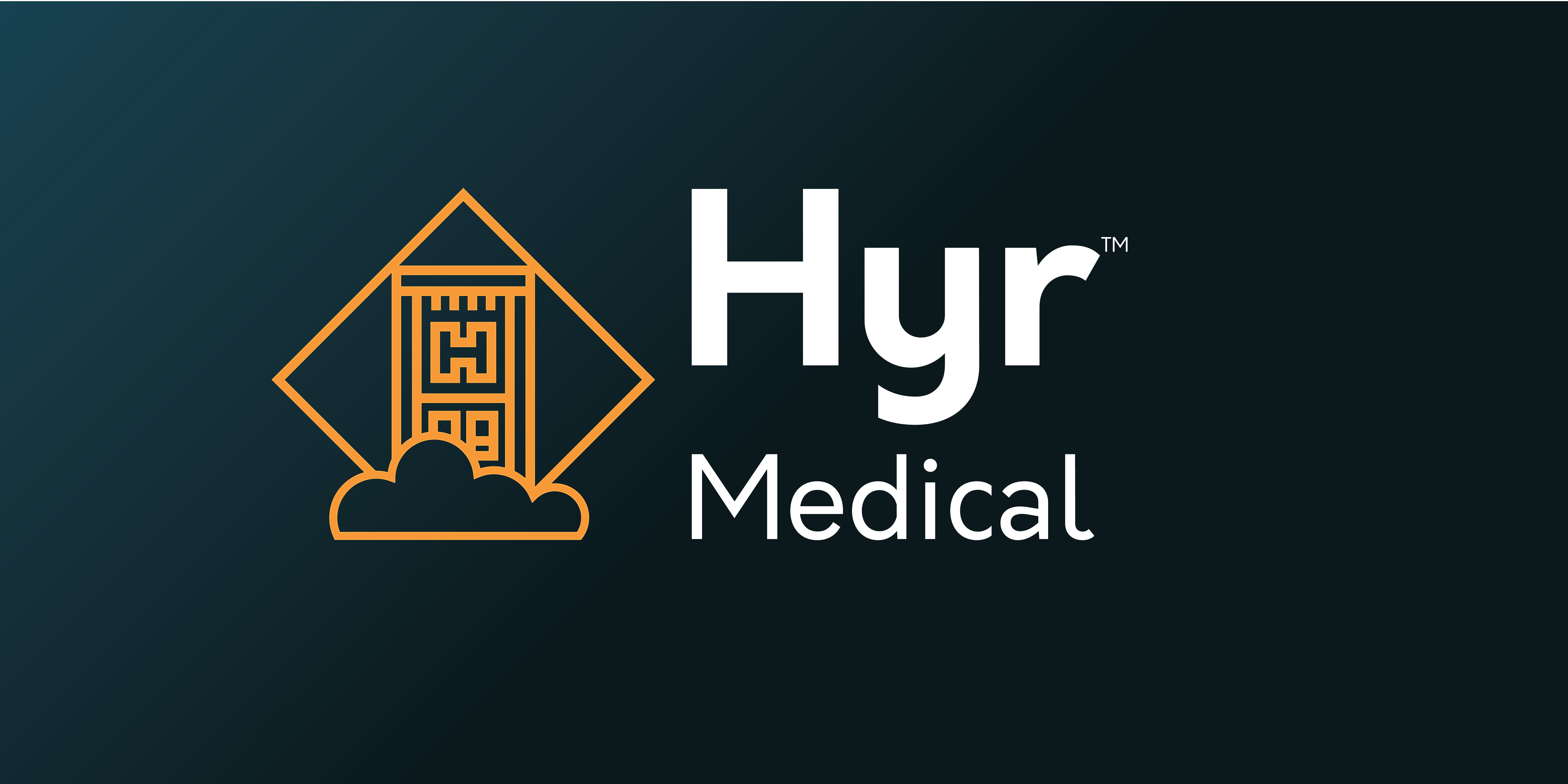
RooSense LLC
RooSense LLC is developing an integrated wearable fabric to monitor sweat electrolyte levels to prevent illness and injury. There is a huge financial and physical cost for athletes that do not have proper electrolyte levels. Electrolytes are salts that are naturally part of body fluids. When an athlete sweats, electrolytes are lost through the sweat. If electrolytes are lost too quickly, the body does not have the ability to restore them as rapidly as they were lost. But drinking water isn’t enough, and too much water can further dilute your electrolyte levels. Sports drinks contain electrolytes such as chloride, sodium, and potassium to help replenish what was lost through sweat. Introducing electrolytes back into the body helps keep dehydration from occurring. Improper electrolyte levels can lead to cramping, dizziness, fatigue, and in extreme circumstances death such as in the unfortunate incident at the Cleveland marathon this past year. In fact, up to 20% of participants that start an endurance event do not finish due to improper electrolyte levels. An athlete’s hydration levels vary based on diet and weather so a “one-size-fits-all” hydration plan doesn’t work. The solution to this is a real-time monitor for electrolyte levels in sweat. The RooSense hydration monitor is a fabric sensor that can determine electrolyte concentration in real-time. Unlike its competitors, the sensor can be seamlessly integrated directly into clothing/gear that athletes are already wearing. An app that accompanies the sensor can tell athletes what to drink, how much to drink and when to drink it. No lab tests, no guessing, just on the go hydration information when athletes need it most.
Website: https://www.roosense.com/
How Tech Company JuggerBot 3D is Rethinking Manufacturing
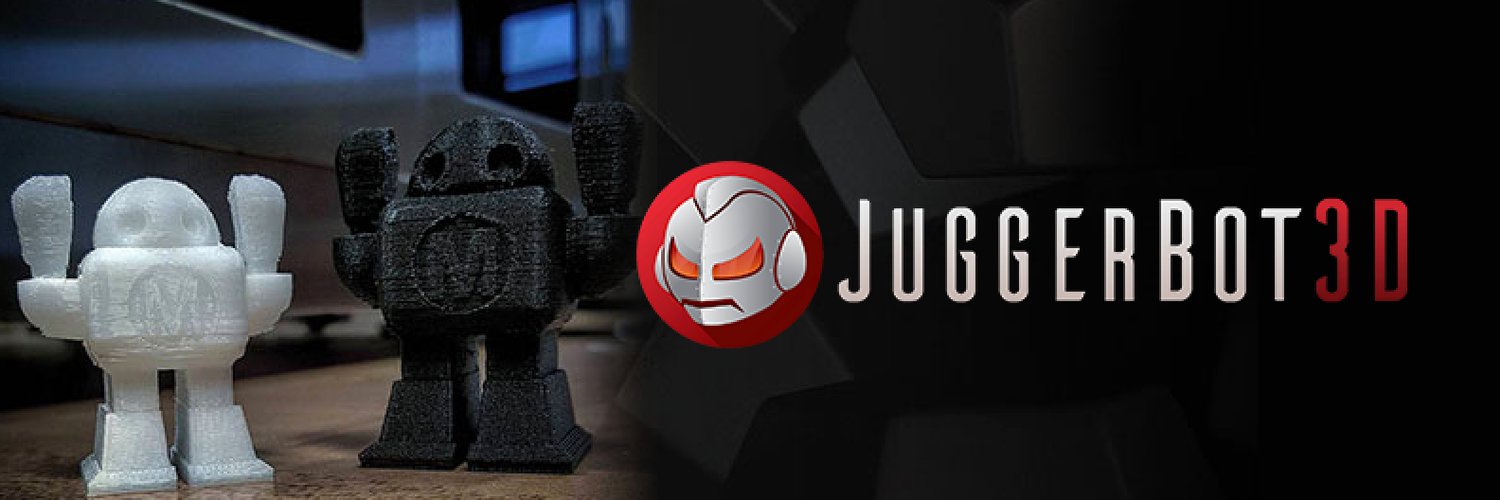
American manufacturing is changing once again. Zac Divencenzo, co-founder of technology company JuggerBot 3D, is on the cutting edge of this new revolution. In a new video titled "Rethinking Manufacturing", Zac Divencenzo and fellow youngstown engineer Ashley Totin discuss why we need to rethink manufacturing, career choices, and even the very idea of how we build and revitalize communities.
Check out the full video here:


